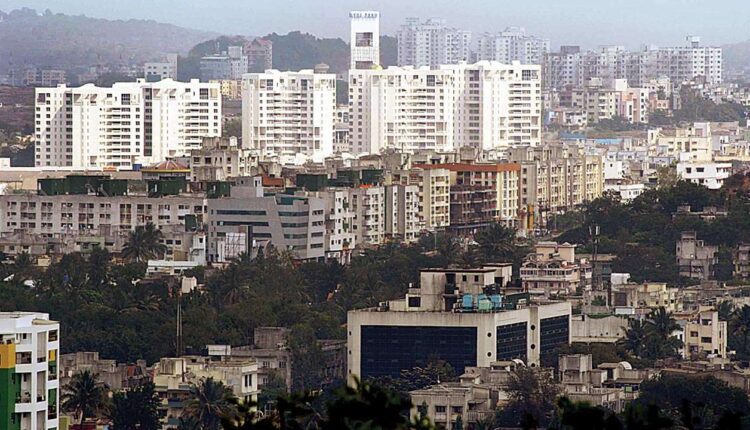From Pandharpur to Kathmandu, a Maharashtra farmer’s success with natural farming techniques to be showcased
For the last five years, Maharashtra farmer Ramhari Kadam has been on a mission to empower the farming community and help it transition from chemical-based agriculture to natural farming techniques. Kadam’s success in reviving water levels and soil quality on his farm in Pandharpur has now been documented in a short film, ‘Urvarasa’, that will be screened at the Himalayan Vegan Festival on Friday, September 16, in Kathmandu, Nepal.
In February 2021, Kadam joined forces with Pune-based NGO Jeeva Bhavana to become the lead farmer of Urvarasa – an empowerment programme to assist Indian farmers transition to sustainable, ethical and natural farming practices. “Today, Kadam has successfully revived water levels, soil quality and biodiversity on his farm, which serves as a pilot project of Urvarasa,” says Madhavi Kolte, co-director at Jeeva Bhavana.
The screening of ‘Urvarasa’ at the Himalayan Vegan Festival, ‘the biggest plant-based event in the Himalayas’, will be followed by a TEDx talk by the film’s director and Urvarasa supporter, filmmaker Rahul Narwane from Pune. The film will also be screened in Pune on October 1 at the Indradhanushya Environment and Citizenship Centre, Kolte, who is also the coordinator at Urvarasa, told The Indian Express.
Based in Gopalpur in Maharashtra’s Pandharpur, Kadam was initiated into farming on his ancestral farm in his early teens and went on to complete his diploma in agriculture. In pursuit of getting a higher yield from his 4 1⁄2 acres of land, he switched to conventional agricultural techniques using chemical-based inputs, and even undertook dealerships for a chemical fertiliser company.
Within a few years, however, he was disillusioned by the consequences of chemical-based agriculture, witnessing degradation of soil quality, depletion of water tables and crop failure on his farm. This experience led him on a journey to explore alternative farming practices. He finally found tangible positive results with implementation of natural farming techniques, as he began exploring them on his farm.
“Soon as I began using the natural farming technique, I watched the well and borewell water levels on my farm gradually rising. As the layer of alkali-laden soil caused by chemical farming gradually receded, I saw crops that were earlier failing had started flourishing,” says Kadam.
The Urvarasa programme is based on the successful working model of natural farming pioneered by Padma Shri awardee Subhash Palekar and recognised by the United Nations as one of the most effective farming practices to mitigate the effects of the climate crisis across the globe, says Kolte. Called SPNF (Subhash Palekar Natural Farming), this model has been implemented on Kadam’s farm in its entirety. Additionally, Urvarasa farmers comply with a unique set of guidelines, taking them a step closer to being the solution, rather than the victim, of the myriad environmental and climate crises.


